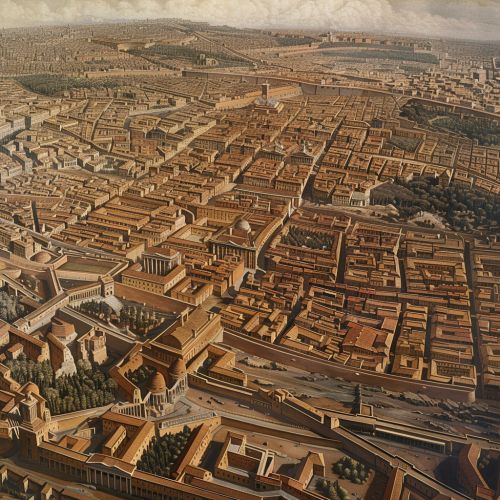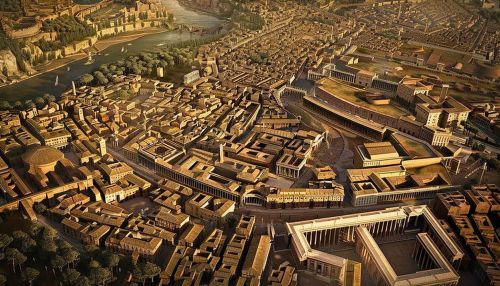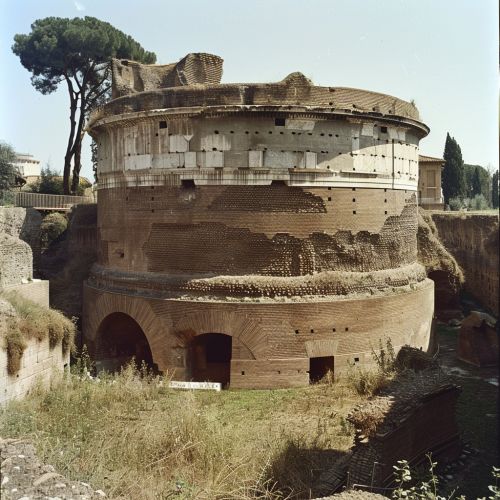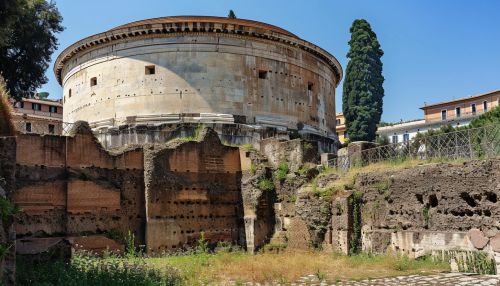Augustus
Early Life
Augustus was born as Gaius Octavius on September 23, 63 BC in Rome. He was the great-nephew of Julius Caesar, who later adopted him as his son and heir. His mother, Atia, was the daughter of Caesar's sister, Julia. His father, also named Gaius Octavius, was a wealthy equestrian with political connections. When Octavius was four years old, his father died, leaving him in the care of his mother and grandmother, Julia Caesaris.


Rise to Power
After the assassination of Julius Caesar in 44 BC, Octavius learned that he was Caesar's adopted son and heir. Despite his youth and inexperience, he decided to take up his inheritance and entered the dangerous and complex world of Roman politics. He formed the Second Triumvirate with Mark Antony and Marcus Aemilius Lepidus, and together they hunted down Caesar's assassins. In the subsequent division of the Roman territories, Octavius received the West, while Antony took the East.
Conflict with Mark Antony
The alliance between Octavius and Mark Antony gradually deteriorated, leading to a civil war. Antony's relationship with the Egyptian queen Cleopatra and his perceived neglect of his duties in Rome provided Octavius with the pretext to declare war. The decisive naval Battle of Actium in 31 BC ended in victory for Octavius. Antony and Cleopatra fled to Egypt, where they committed suicide.
Reign as Emperor
In 27 BC, Octavius was granted the title of Augustus by the Roman Senate, marking the beginning of the Roman Empire. As emperor, Augustus initiated an era of relative peace known as the Pax Romana. He implemented significant reforms in the military, administrative, and cultural sectors, which strengthened the empire and left a lasting legacy.
Death and Legacy
Augustus died on August 19, AD 14, at the age of 75. He was succeeded by his stepson Tiberius, whom he had adopted as his son and heir. His body was cremated and his ashes were placed in the Mausoleum of Augustus in Rome. His reign marked a turning point in the history of Rome, transitioning from a republic to an empire.


